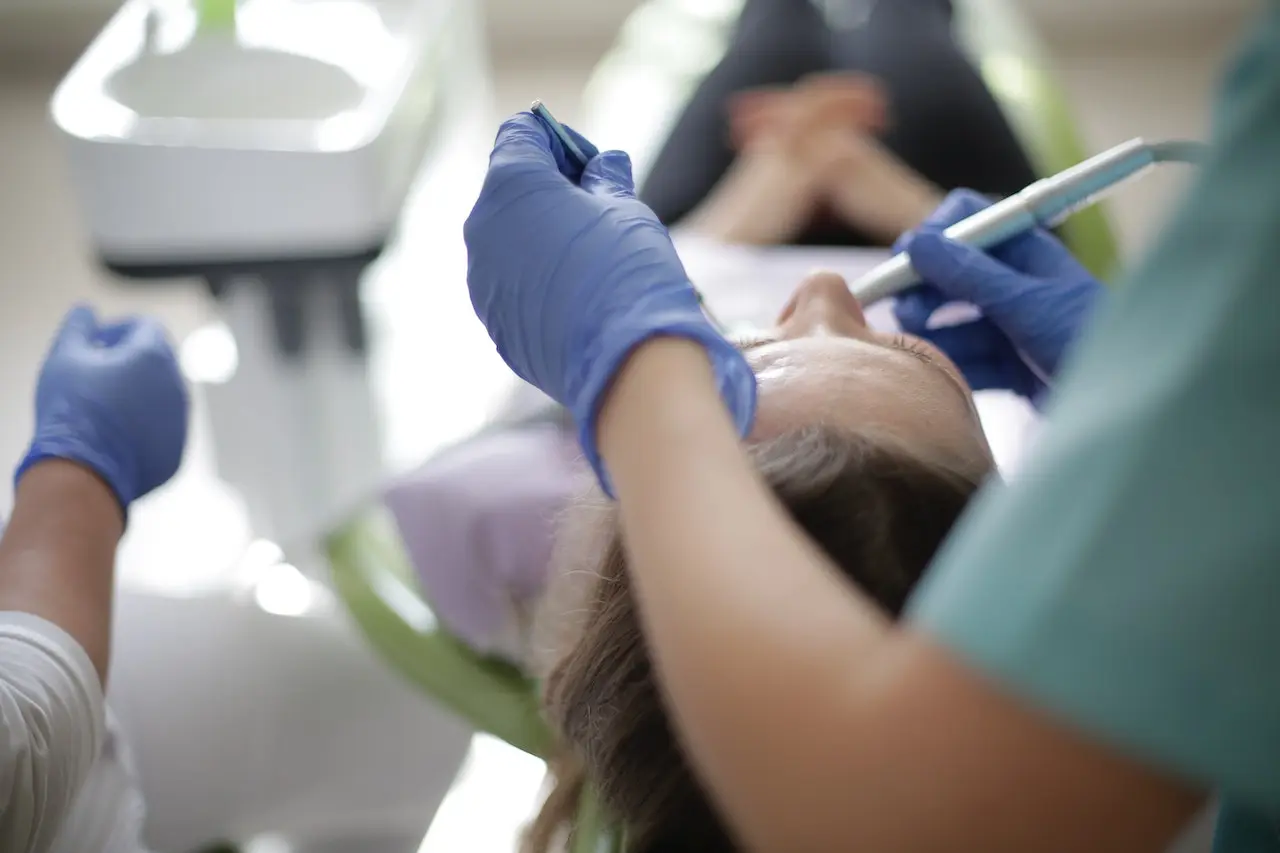What Constitutes Dental Negligence? An Overview

When you visit a dental professional, the expectation is to leave with better oral health than when you arrived. However, things don’t always go as planned. While occasional discomfort or dissatisfaction may arise from any medical procedure, there are instances where these issues might actually be a result of dental negligence. But what exactly does dental negligence entail? This blog post aims to clarify the aspects that could potentially be labeled as negligence in the realm of dental care in South Carolina.
Standard of Care: The Yardstick
The term “standard of care” refers to the generally accepted practices and procedures that any competent dental professional should follow when treating patients. Failing to meet this standard could qualify as negligence.
Incorrect Diagnosis
Just like in general medicine, an incorrect diagnosis in dental care can lead to improper treatment that may worsen your oral health. For instance, misdiagnosing the cause of tooth pain could lead to unnecessary procedures.
Improper Treatment
Even with a correct diagnosis, improper treatment can still occur. For example, incorrect technique during a root canal can result in an infection.
Lack of Informed Consent
Before undergoing any dental procedure, patients are required to give informed consent after receiving all necessary information about the procedure, including possible risks and alternatives. If a dentist fails to obtain this consent, it could be considered negligent.
Cases Where It Gets Complicated
Complex Procedures
Highly specialized or complex procedures like dental implants or reconstructive surgery have their own set of standards, often requiring specialists. If a general dentist attempts such a procedure without the required skill set, it may constitute negligence.
Pre-Existing Conditions
Sometimes a patient’s pre-existing health condition can make even a standard procedure risky. In such cases, the dental professional has a duty to recognize this and either take extra precautions or refer the patient to a specialist.
Possible Damages
If negligence is proven, you may be eligible for damages like:
- Medical Expenses: Covering the cost of corrective treatment
- Pain and Suffering: Compensation for physical pain and emotional distress
- Lost Wages: If the negligence led to an inability to work
Conclusion
Dental negligence in South Carolina, as elsewhere, isn’t always straightforward. If you believe you’ve been a victim of dental negligence, it may be helpful to consult professionals who understand the nuances of the legal and dental landscape.
For personalized legal guidance, it may be beneficial to consult an attorney experienced in dental negligence and medical malpractice cases in South Carolina. Keep in mind, however, that the information in this post should not replace individualized medical or legal counsel.

